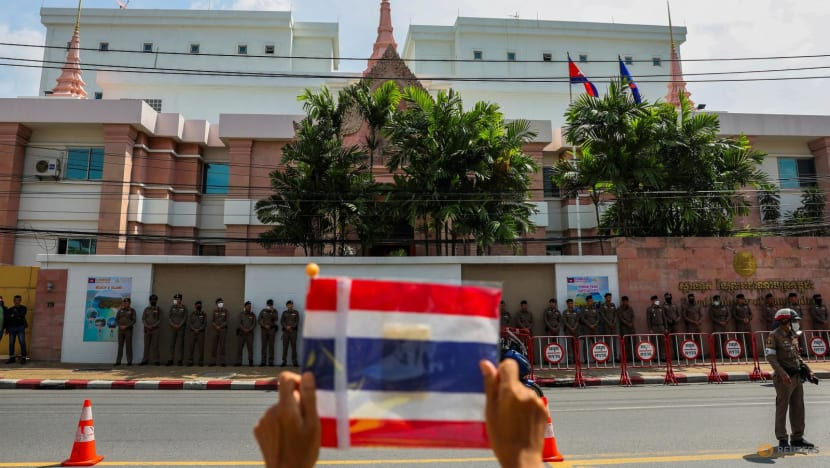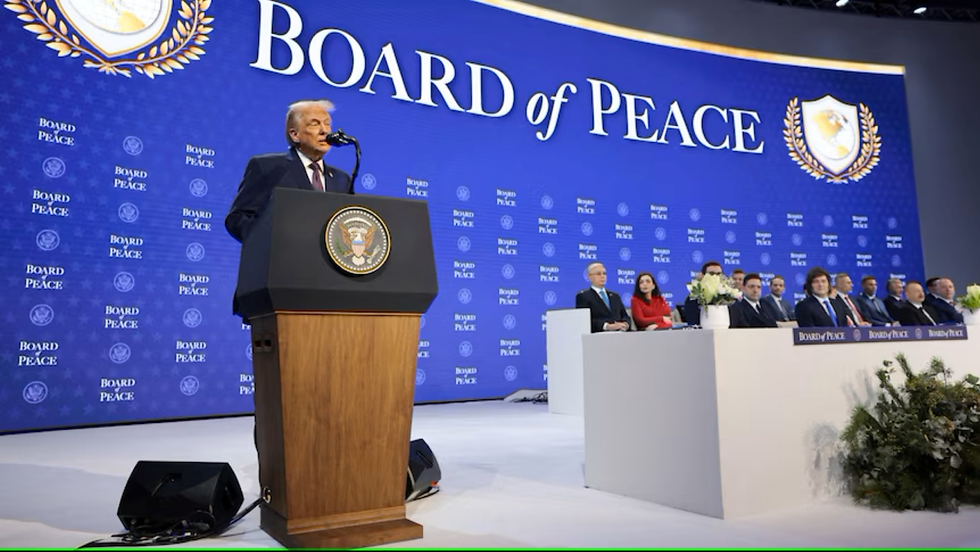Thailand and Cambodia Agree to Withdraw Troops After Deadly Border Clash
- Rahaman Hadisur

- Jun 11, 2025
- 2 min read
Hadisur Rahman, JadeTimes Staff
H. Rahman is a Jadetimes news reporter covering Asia

Cambodia’s Defence Ministry on Sunday confirmed that both Cambodia and Thailand have agreed to withdraw troops to their previous positions along a disputed border area following a deadly clash on May 28 that killed a Cambodian soldier.
The agreement comes amid heightened tensions at undemarcated sections of the 817-kilometre border shared by the two Southeast Asian nations. In the days following the skirmish, both governments reinforced their military presence and exchanged diplomatic statements reaffirming their commitment to a peaceful resolution.
According to a Cambodian Defence Ministry statement, both sides “expressed willingness to ease tensions” and return to the positions outlined in a previous agreement made in 2024.
Thai Defence Minister Phumtham Wechayachai echoed the sentiment, confirming that the two countries were in talks to defuse the situation and have scheduled a bilateral meeting of the Joint Boundary Committee for June 14. “We hope that this long-standing border issue can be resolved through dialogue,” Phumtham said.
The disputed border stretches across seven Thai provinces and includes 17 official crossings. In response to the recent incident, Thailand has reduced operating hours at 10 border checkpoints, including the Sa Kaeo crossing one of the busiest citing safety concerns. Operating hours have been cut from 6am–10pm to 8am–4pm.
Cambodia’s Foreign Ministry, meanwhile, renewed its call to bring the matter before the International Court of Justice (ICJ), stating that the historical and sensitive nature of the conflict may no longer be resolvable through bilateral talks alone. “A decision rendered by the ICJ, grounded in international law, would offer a fair, impartial, and durable resolution,” Cambodian Foreign Minister Prak Sokhonn said in a letter dated June 6.
However, Thailand has rejected international arbitration, maintaining that border matters should be resolved through direct negotiations.
The border dispute between Thailand and Cambodia has deep historical roots, dating back to maps drawn by French colonial administrators in 1907. Tensions flared most notably in 2008 over the 11th-century Preah Vihear Hindu temple, leading to intermittent military clashes and at least a dozen deaths, including a week-long artillery exchange in 2011.
The current flare-up also tests the relationship between the countries' new leaders Thai Prime Minister Paetongtarn Shinawatra, daughter of former leader Thaksin Shinawatra, and Cambodian Prime Minister Hun Manet, son of former Prime Minister Hun Sen. The two former leaders shared a close personal bond, and observers are watching closely to see how their successors navigate the latest challenge.
As regional and international attention focuses on the disputed border, all eyes will now be on the upcoming June 14 committee meeting to determine whether diplomacy can prevail in a historically volatile zone.









































Comments